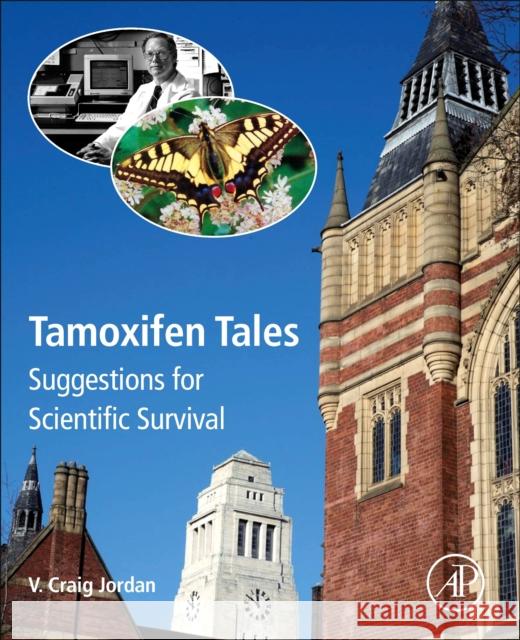Tamoxifen Tales: Suggestions for Scientific Survival » książka
topmenu
Tamoxifen Tales: Suggestions for Scientific Survival
ISBN-13: 9780323996174 / Angielski / Miękka / 2022
Tamoxifen Tales: Suggestions for Scientific Survival
ISBN-13: 9780323996174 / Angielski / Miękka / 2022
cena 376,11
(netto: 358,20 VAT: 5%)
Najniższa cena z 30 dni: 371,51
(netto: 358,20 VAT: 5%)
Najniższa cena z 30 dni: 371,51
Termin realizacji zamówienia:
ok. 30 dni roboczych.
ok. 30 dni roboczych.
Darmowa dostawa!
Kategorie:
Kategorie BISAC:
Wydawca:
Academic Press
Język:
Angielski
ISBN-13:
9780323996174
Rok wydania:
2022
Oprawa:
Miękka
Wolumenów:
01
Dodatkowe informacje:
Bibliografia











